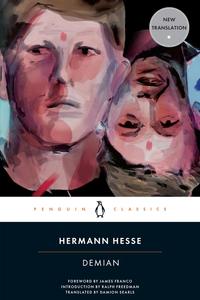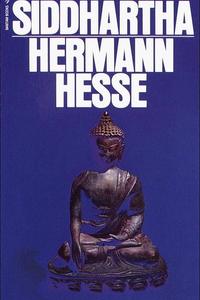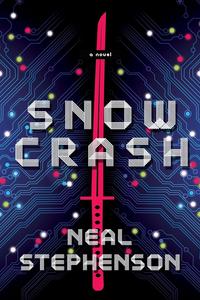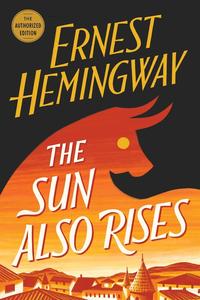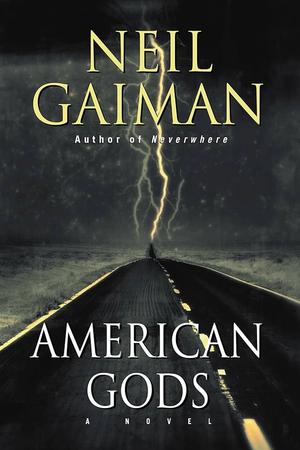
American Gods by Neil Gaiman: Summary & Notes
by Neil Gaiman
In One Sentence
Gods live among us, brought by immigrants to America—but new gods of technology and media are rising, and a war between old and new is coming.
Key Takeaways
- Gods exist because people believe in them
- America consumes and discards its gods like everything else
- Old traditions fade as new obsessions replace them
- Identity is shaped by what we worship
- The "American Dream" is itself a kind of mythology
- Belief has power—what we pay attention to grows
Summary
This novel focuses on Shadow, a newly-released convict who receives news his wife has been killed. He accepts a job on the way to his wife's funeral, which results in a series of undertakings which move back and forth between reality and fantasy.
The novel personifies modern and past religions and beliefs as physical beings, and in doing so raises questions about the nature of those beliefs and their validity.
I don't read much fantasy, and while I enjoy most books when I dabble, this one didn't particularly resonate with me. I enjoyed the underlying themes, but less so the novel itself.
Who Should Read This Book
- Fantasy readers
- Those interested in mythology
- People who enjoy road trip narratives
- Fans of Neil Gaiman
FAQ
What is American Gods about?
Ex-con Shadow Moon becomes bodyguard to Mr. Wednesday (Odin) and gets pulled into a war between old gods brought by immigrants (Norse, African, Slavic) and new American gods of technology, media, and consumerism.
📖 Chapter-by-Chapter Breakdown
Click to expand the full detailed notes for every chapter →
📖 Chapter-by-Chapter Breakdown
Click to expand the full detailed notes for every chapter →
Quotes
- He wondered whether home was a thing that happened to a place after a while, or if it was something that you found in the end, if you simply walked and waited and willed it long enough.
- There’s never been a true war that wasn’t fought between two sets of people who were certain they were in the right. The really dangerous people believe that they are doing whatever they are doing solely and only because it is without question the right thing to do. And that is what makes them dangerous.
- People believe, thought Shadow. It’s what people do. They believe. And then they will not take responsibility for their beliefs; they conjure things, and do not trust the conjurations. People populate the darkness; with ghosts, with gods, with electrons, with tales. People imagine, and people believe: and it is that belief, that rock-solid belief, that makes things happen.
- We do not always remember the things that do no credit to us. We justify them, cover them in bright lies or with the thick dust of forgetfulness.
- And when they truly die they are unmourned and unremembered. Ideas are more difficult to kill than people, but they can be killed, in the end.
- But it was a dream, and in dreams, sometimes, you have no choices: either there are no decisions to be made, or they were made for you long before ever the dream began.
- Tell him that we have fucking reprogrammed reality. Tell him that language is a virus and that religion is an operating system and that prayers are just so much fucking spam.
- All we have to believe with is our senses: the tools we use to perceive the world, our sight, our touch, our memory. If they lie to us, then nothing can be trusted. And even if we do not believe, then still we cannot travel in any other way than the road our senses show us; and we must walk that road to the end.
- Religions are places to stand and look and act, vantage points from which to view the world.
- Every hour wounds. The last one kills.
- Three may keep a secret, if two of them are dead.
- “This is the only country in the world,” said Wednesday, into the stillness, “that worries about what it is.” “What?” “The rest of them know what they are. No one ever needs to go searching for the heart of Norway. Or looks for the soul of Mozambique. They know what they are.”
- Belief without blood only takes us so far. The blood must flow.
- “Gods are great,” said Atsula, slowly, as if she were comprehending a great secret. “But the heart is greater. For it is from our hearts they come, and to our hearts they shall return…”
- One describes a tale best by telling the tale. The way one describes a story, to oneself or to the world, is by telling the story. It is a balancing act and it is a dream. The more accurate the map, the more it resembles the territory. The most accurate map possible would be the territory, and thus would be perfectly accurate and perfectly useless. The tale is the map which is the territory. You must remember this.
